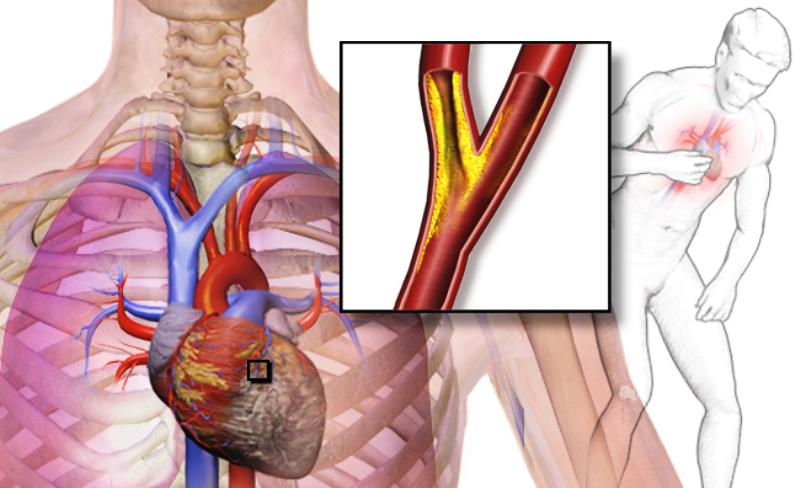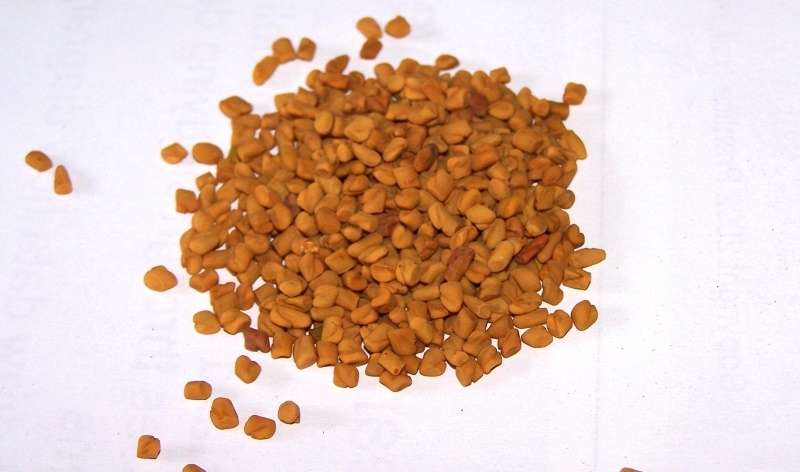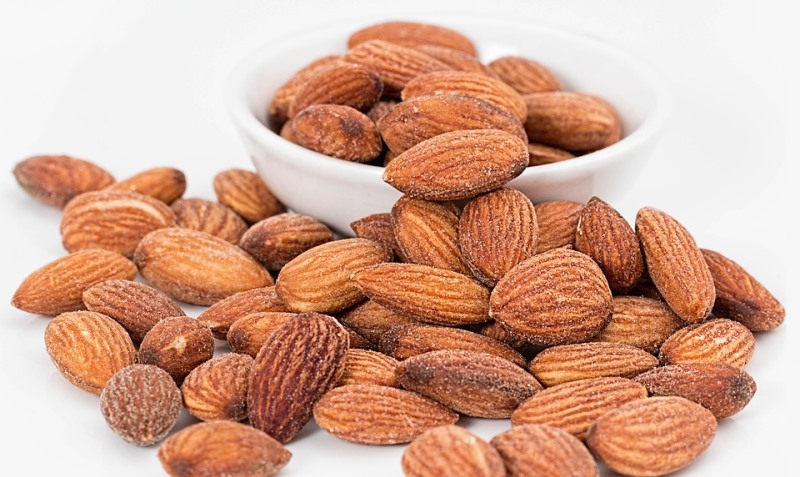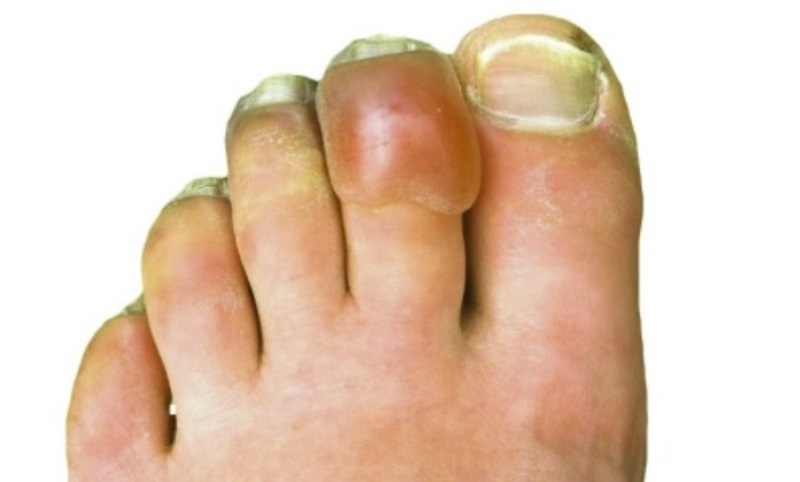Angina or chest pain is one of the key reasons why people are rushed to the emergency department. It is a common yet frightening condition, and so, you should take a note of these home remedies for angina as they might come in handy.

Image source: Google, copyright-free image, under Creative Commons License
Causes of angina or chest pain
When the flow of blood to the heart is lessened, it gives rise to a medical condition known as angina pectoris.
Suggested read: Reduce Your Anxiety And Panic Attacks With These Home Remedies
Symptoms of angina or chest pain
The most common trigger signs of angina are a feeling of stiffness, heavy breathing, burning sensation in the chest, squeezing feeling, and pressure buildup behind the chest bone. These are the primary symptoms of angina.
The other common warning signals of angina include,
- Pain in the upper part of the abdomen
- Nausea
- Pain in the neck area
- Aching shoulders
- Fatigue and exhaustion
- Problems in breathing
- Dizziness
- Excessive sweating
- Pain in the jaw area
In women, angina might be experienced without the chest pain or feeling of discomfort in the chest area.
According to Mayo Clinic,
“The severity, duration and type of angina can vary. It’s important to recognize if you have new or changing chest discomfort. New or different symptoms may signal a more dangerous form of angina (unstable angina) or a heart attack.
Stable angina is the most common form of angina, and it typically occurs with exertion and goes away with rest. If chest discomfort is a new symptom for you, it’s important to see your doctor to find out what’s causing your chest pain and to get proper treatment. If your stable angina gets worse or changes, seek medical attention immediately.”
Risk factors
The condition of angina is aggravated by some risk factors, such as,
- Excessive smoking of cigarettes
- Diabetes
- Hypertension
- High cholesterol levels
- Family history of diseases associated with the heart
- Sedentary lifestyle
Though the symptoms of heart attack and chest pain are the same, they should not be mistaken for the same thing. The difference between the two lies in the fact that angina does not last more than 5 to 10 minutes and it is not as alarming as a heart attack. However, angina should not be taken lightly. It is itself a symptom of an impending heart attack, and by treating it, you are averting the possibility of a seizure.
Angina causes a buildup of plaque in the arteries that supply blood to the heart. If the buildup gets thicker, then it will be difficult for the heart to receive enough blood, which will result in a cardiac arrest.
Chest pain can also result in muscle spasm, stomach ulcers, bladder illnesses, infection in lungs, and indigestion.
When you start paying attention to the symptoms, you will notice that angina typically occurs when you are exercising, and tends to go away as soon as you rest. Also, you can treat it with doctor prescribed meds. However, treating chest pain with home remedies is always a better option because it is a healthier route.
Let these natural remedies for chest pain help you prevent the blockage in the arteries, this lowering or completely averting the symptoms linked with angina.
Home remedies for angina
Find below the 10 most effective natural remedies that will help you treat chest pain.
1. Garlic

Image source: Google, copyright-free image, under Creative Commons License
When it comes to angina, the first natural remedy that one must try is garlic. A study published in the Journal of Nutrition, a couple of years back, showed that if one consumes fresh garlic cloves every day, then he or she is sure to prevent, or at least delay, the possibility of a cardiovascular disease.
Garlic also deals with other causes of angina, thus nipping the condition in the bud. Garlic cloves lessen high cholesterol levels. It also inhibits the building up of plaque in our artery walls, thus enhancing the circulation of blood rich in oxygen to the heart.
Begin by boiling a cup of water. To this cup, add one-fourth of a tablespoon of fresh garlic juice. Drink the water.
You can also eat 2 raw garlic cloves every morning on an empty stomach, and follow it with a glass of lukewarm water.
2. Ginger
The next remedy for chest pain is ginger, which contains a compound called Gingerol that reduces the level of cholesterol in our blood.
Ginger is a very effective antioxidant, and so, it safeguards our veins and arteries from the damage that cholesterol can cause.
To relieve yourself of chest pain, you should drink a cup of ginger tea once every day. To prepare this tea, all you need to do is boil a cup of water and add to it two teaspoons of grated ginger. Cover the cup and let it steep for about 5 minutes. Your tea is ready!
You can also eat a piece of fresh ginger once every morning to improve your cardiovascular health.
3. Turmeric

Image source: Google, copyright-free image, under Creative Commons License
To treat angina, try turmeric. Turmeric contains curcumin, which is an effective ingredient that inhibits the oxidation of cholesterol, thus helping against the buildup of plaque in arteries and formation of clots in them. This, in turn, helps treat chest pain.
To get the best out of turmeric, cut it into pieces and grind it into a fine powder. Add half a teaspoon of this powder to a cup of milk. Now boil the milk. Add to it a teaspoon of honey and stir well. Drink the milk once it is soothing warm.
Another preventive measure is to include turmeric powder regularly when you cook your daily meals.
Suggested read: Here Are The Top Home Remedies For Clogged Arteries
4. Cayenne Pepper

Image source: Pixabay, under Creative Commons License
With a high concentration of capsaicin, cayenne pepper has incredible anti-inflammatory properties. Because of this, it has made it to the list of natural therapies for angina.
Cayenne pepper also regulates the flow of oxygen-fresh blood to the heart and thus improves overall blood circulation.
To a glass of milk, add half a tablespoon of cayenne pepper powder. You can also take it with a glass of fruit juice of your choice. Drink this when you notice symptoms of angina, and you will see the pain is gone.
If you are considering taking cayenne pepper supplements, then it is advised you consult a doctor first.
5. Basil

Image source: Google, copyright-free image, under Creative Commons License
Basil is another great remedy for chest pain because of the magnesium it contains. This, in turn, helps the heart to relax, thus ensuring proper and easy circulation of blood through the blood vessels.
Also, basil is a great antioxidant which reduces and averts the buildup of cholesterol in the walls of our blood vessels.
Whenever you experience angina, just pluck 10 leaves of basil, wash them and eat them. Make sure you chew well for the juices to be secreted.
6. Alfalfa
To reduce angina, alfalfa can be of great help. It also lessens the level of cholesterol and the buildup of plaque in the arteries, thus ensuring a smooth circulation of blood to the heart.
The chlorophyll content in alfalfa softens our arteries, further diminishing the possibility of chest pain.
You should drink a warm cup of alfalfa tea once every day to alleviate angina. To prepare the tea, all you need to do is add a teaspoon of dried alfalfa leaves to a cup of hot water. Leave it for five minutes and strain and drink.
You can also take alfalfa supplements, but do consult a doctor for the correct dosage and do not self-medicate.
7. Fenugreek

Image source: Google, copyright-free image, under Creative Commons License
The next treatment involves fenugreek seeds, Fenugreek improves the cardiovascular health and so is recommended by Ayurveda as a remedy for angina.
Fenugreek is also a very good antioxidant, which helps reduce high cholesterol and enhances the flow of blood to the heart.
To a cup of water, add half a tablespoon of fenugreek seeds. Now boil the water and add one tablespoon of honey. Strain the water and drink it.
Alternatively, you can soak fenugreek seeds in water and keep it overnight. The next day eat these osmosed seeds before your breakfast on empty stomach.
8. Almonds

Image source: Pixabay, under Creative Commons License
The last remedy on today’s guide is almonds. Almonds help cure angina because it contains rich polyunsaturated fatty acids, which lessen blood cholesterol. It also enhances the health of the heart.
Since it contains plant sterols, almonds lower high cholesterol. They also contain fiber and magnesium, both of which are essential to prevent a heart attack.
To use it as a home remedy, mix almond oil and rose oil in a ratio of 1:1. Now gently rub this mix over your chest. This will immediately reduce your chest pain.
You can also eat a handful of baked almonds every day, to prevent symptoms linked with angina.
Suggested read: 14 Superbly Effective Home Remedies For Heart Palpitations
That is a wrap on home remedies for angina (chest pain). If in spite of using these remedies the symptoms associated with angina do not go away, you should visit a doctor and get proper medication for the condition.
Was this guide helpful? If we missed out on anything, then please let us know in the comment section below. Also, if you have any suggestions for us to improve our guides, then do not hesitate to let us know. 
See you again tomorrow with a new set of natural cures for a common medical problem. 
Featured image source: Google, copyright-free image, under Creative Commons License













